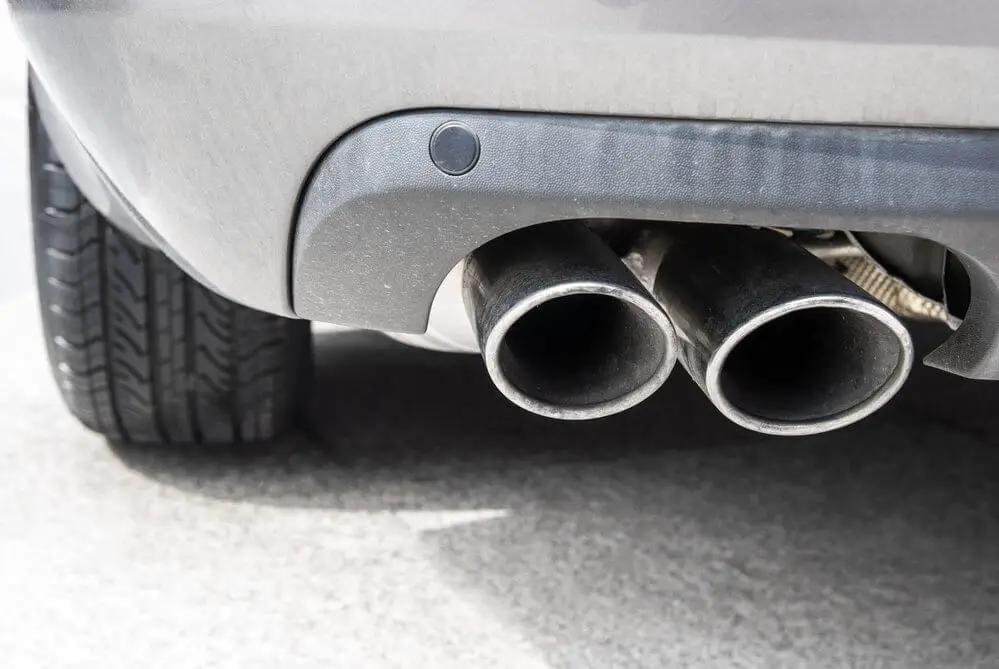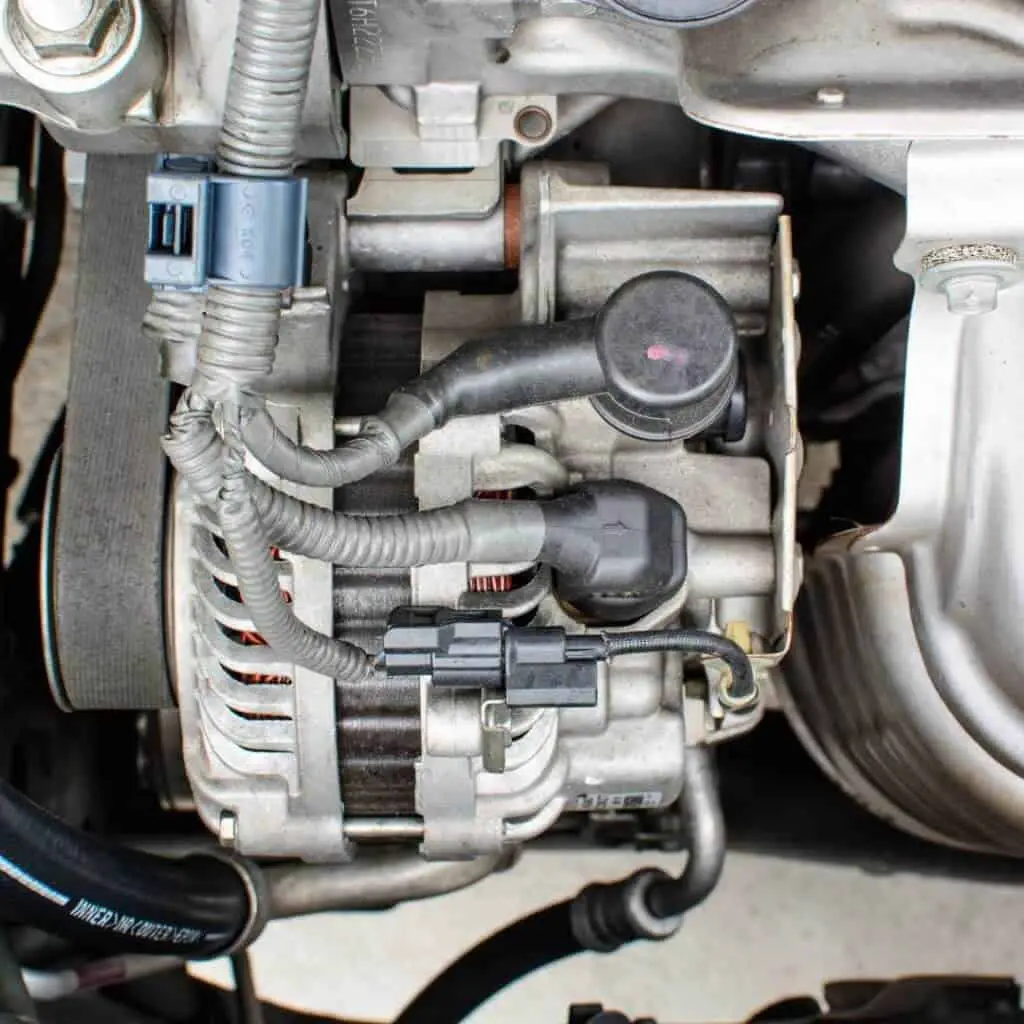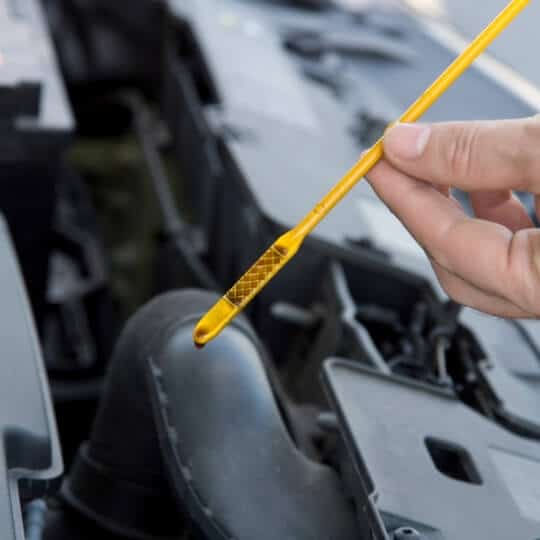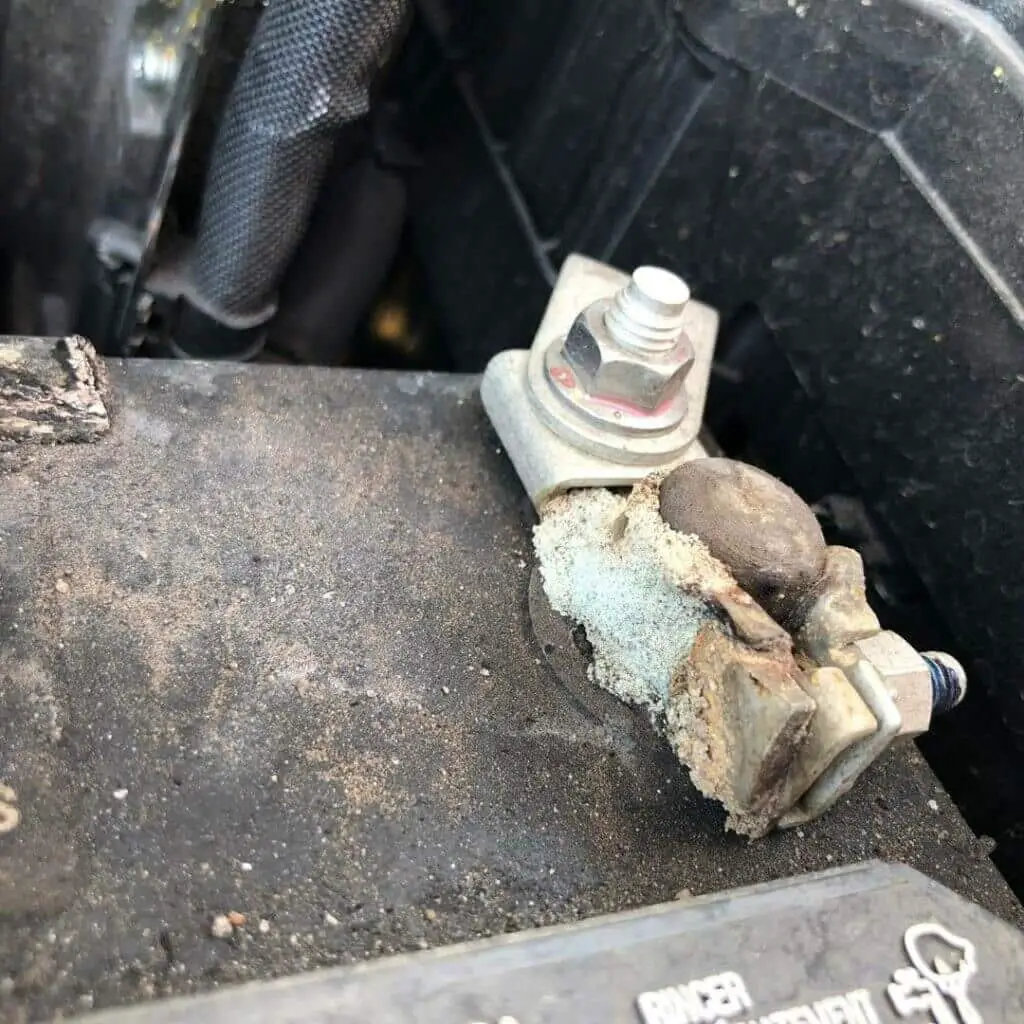Choosing the right exhaust system for your vehicle is a crucial decision that can significantly impact its performance, efficiency, and sound. So how to choose the right exhaust for your car?
The exhaust system plays a vital role in expelling exhaust gases from the engine, reducing emissions, and enhancing the overall driving experience. This article aims to guide you through the different types of exhaust systems and provide insights on how to select the best one for your specific car model.
Understanding the Basics of Exhaust Systems

Before diving into the specifics, it’s essential to understand what an exhaust system is and its primary functions. An exhaust system consists of several components, including the exhaust manifold, catalytic converter, muffler, and exhaust pipes. It’s responsible for safely directing combustion by-products away from the engine, reducing harmful emissions, and minimizing noise.
Types of Exhaust Systems
- Single Exit Pipe: The most common and cost-effective type, typically found on standard vehicles. It’s best for those who prefer a simple, low-cost maintenance option.
- Dual Exit Pipe: Often seen on sports cars, this type offers a sportier look and can improve performance. It’s ideal for those seeking a balance between aesthetics and functionality.
- Opposite Dual Exhaust: This type features two separate pipes on each side of the car, providing a more balanced exhaust flow and a distinctive look.
- Dual Side Exhaust: Similar to the dual exit pipe but with both pipes on one side of the vehicle. This type is often chosen for its unique style.
- High-Performance Exhaust Systems: These are designed for maximum performance and efficiency. They are typically made from high-quality materials like stainless steel and are ideal for racing and high-performance vehicles. [1]
Factors to Consider When Choosing an Exhaust System
Vehicle Type and Model
Understanding the specific needs of your vehicle’s make and model is crucial in selecting an appropriate exhaust system. Different vehicles are designed with varying exhaust requirements and capabilities:
- Compact Cars: Typically, compact cars don’t require complex exhaust systems. Installing a high-performance exhaust system on such a vehicle might not significantly enhance its performance, and could even be counterproductive. It’s essential to choose a system that complements the engine’s size and design.
- Sports Cars and Performance Vehicles: These vehicles often benefit from performance exhaust systems. They are designed to handle higher exhaust flow rates, which is crucial for their high-powered engines. For these cars, choosing a system that can handle increased pressure and temperature without compromising performance is vital.
- Trucks and SUVs: Larger vehicles like trucks and SUVs might require more robust exhaust systems, especially if they are used for towing or carrying heavy loads. The exhaust system should be able to handle the extra demand without causing excessive strain on the engine.
Performance Needs
When your goal is to enhance your vehicle’s performance, the choice of exhaust system becomes even more critical:
- Reducing Backpressure: High-performance exhaust systems are designed to reduce backpressure, allowing the engine to expel exhaust gases more efficiently. This reduction in backpressure can lead to increased horsepower and torque, offering a noticeable improvement in performance.
- Material and Design: The material and design of the exhaust system play a significant role in performance. For instance, systems made from lightweight materials like titanium can reduce overall weight, contributing to better performance. Similarly, the design of the exhaust pipes, including their diameter and bending angles, can affect the flow of exhaust gases.
- Compatibility with Engine Modifications: If your vehicle has undergone or will undergo other performance modifications, it’s essential to choose an exhaust system that complements these changes. For example, an engine with a turbocharger might require a different exhaust setup compared to a naturally aspirated engine.
Material Quality
The longevity and effectiveness of an exhaust system are heavily influenced by the material used in its construction. Understanding the different materials can help you make an informed decision:
- Stainless Steel: Known for its durability and resistance to rust and corrosion, stainless steel is a premium choice for exhaust systems. It can withstand harsh conditions, including exposure to moisture and road salt. Stainless steel systems are ideal for drivers in coastal areas or regions with harsh weather conditions. While they are more expensive, their longevity often justifies the cost.
- Aluminized Steel: As a more budget-friendly option, aluminized steel offers decent performance at a lower price point. However, it’s less durable than stainless steel and more susceptible to corrosion over time, especially when exposed to harsh elements. This material might be suitable for drivers in milder climates or those who plan to upgrade their exhaust system more frequently.
- Titanium: For those seeking the ultimate in performance and weight reduction, titanium exhaust systems are a top-tier option. They are significantly lighter than stainless steel, which can improve overall vehicle performance. However, titanium systems are typically the most expensive and are usually reserved for high-performance or racing vehicles.
- Mild Steel: Some budget exhaust systems are made from mild steel, which is even less expensive than aluminized steel. While cost-effective, mild steel is prone to rust and corrosion, making it a less desirable option for long-term use.
Budget
Your budget is a critical factor in the decision-making process:
- Initial Cost vs. Long-Term Value: While it might be tempting to opt for a cheaper exhaust system, it’s important to consider long-term value. A more expensive system made of high-quality materials like stainless steel might have a higher upfront cost but can save money in the long run due to its durability and longevity.
- Performance vs. Standard Systems: High-performance exhaust systems are generally more expensive than standard ones. If performance enhancement is a priority, it may be worth investing in a higher-quality system.
- Brand and Quality: Renowned brands often charge more, but they also usually offer better quality, performance, and customer support. It’s worth researching different brands and their offerings to find the best balance between cost and quality.
Installation
Consider whether you can install the system yourself or if professional installation is required. Some systems may require modifications to your vehicle, which can add to the overall cost.
Tips for Choosing the Right Exhaust System

In-depth research is the foundation of making an informed decision about your vehicle’s exhaust system:
- Online Forums and Communities: Automotive forums and online communities are treasure troves of information. Here, you can find discussions and debates about different exhaust systems, tailored to specific vehicle models. Members often share their personal experiences, which can provide real-world insights.
- Automotive Blogs and Websites: These platforms often publish detailed reviews, comparisons, and guides about various exhaust systems. They can provide a broader understanding of the options available, including the latest advancements in exhaust technology.
- Manufacturer Websites: Visiting the websites of exhaust system manufacturers can offer detailed product information, specifications, and compatibility details. Many manufacturers also provide installation guides and FAQs that can be helpful.
- Videos and Tutorials: Platforms like YouTube host numerous video reviews, installation guides, and sound clips of different exhaust systems. These can be particularly useful to understand the actual sound and look of the system on your vehicle.
Consult with Professionals
Professional advice can be invaluable in making the right choice:
- Mechanics and Customization Specialists: These experts can offer advice based on your vehicle’s specific model and your personal needs. They can also inform you about potential compatibility issues or additional modifications that might be required.
- Performance Shops: Visiting a shop specializing in car performance can provide insights into the latest trends and technologies in exhaust systems. These shops often have display models or can provide live demonstrations.
Read Reviews
Look for reviews and feedback from other car owners who have installed the type of exhaust system you’re considering. Their experiences can provide insights into performance, sound, and durability.
Consider Future Modifications
If you plan on making further modifications to your vehicle, choose an exhaust system that can accommodate or complement those changes.
Brand Reputation
Opt for brands with a good reputation for quality and customer service. A well-known brand may offer better warranties and customer support.
Read Also: Problems After DPF Removal
Conclusion
Choosing the right exhaust system for your vehicle involves considering various factors, including your car model, performance needs, sound preferences, budget, and compliance with emissions standards.
By doing thorough research, consulting with professionals, and considering future vehicle modifications, you can select an exhaust system that enhances your driving experience and meets your specific needs. Remember, a well-chosen exhaust system not only improves the performance and sound of your vehicle but also contributes to its longevity and efficiency.
Read Next: Will The Wrong Oil Damage Engine




